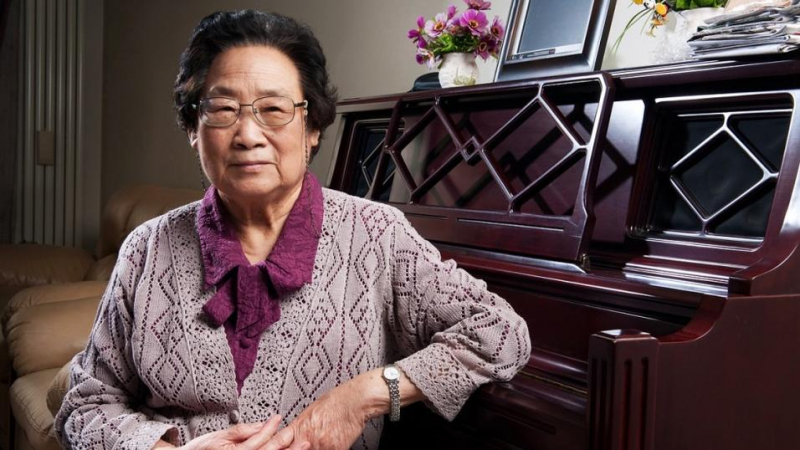Tu Youyou
Tu Youyou is a malariologist and pharmaceutical chemist from China. She developed artemisinin and dihydroartemisinin, both of which are used to cure malaria, which was a breakthrough in twentieth-century tropical medicine that saved millions of lives in South China, Southeast Asia, Africa, and South America.
Over 240,000 molecules have been examined by scientists throughout the world with no success. Tu, then 39 years old, conceived the concept of screening Chinese medicines in 1969. She began by researching the Chinese medical classics throughout history, visiting practitioners of traditional Chinese medicine around the country on her own. She compiled her results in a notebook titled A Collection of Single Practical Anti-Malaria Prescriptions. Her notepad had a list of 640 prescriptions. By 1971, her team had screened over 2,000 traditional Chinese recipes and created 380 herbal extracts from 200 plants for testing on mice.
Tu earned the 2011 Lasker Award in clinical medicine and the 2015 Nobel Prize in Physiology or Medicine alongside William C. Campbell and Satoshi Mura for her work. Tu is the first Chinese Nobel winner in physiology or medicine, and the first female Chinese citizen to earn a Nobel Prize in any category. She is also the first Chinese recipient of the Lasker Award. Tu was born, educated, and conducted her studies entirely in China.
Detailed information:
Born: 30 December 1930
Alma mater: Beijing Medical College (BMedSc)
Known for: Discovering artemisinin and dihydroartemisinin
Awards:
- Lasker-DeBakey Clinical Medical Research Award (2011)
- Warren Alpert Foundation Prize (2015)
- Nobel Prize in Physiology or Medicine (2015)
- Highest Science and Technology Award, China (2016)
- Medal of the Republic, China (2019)






